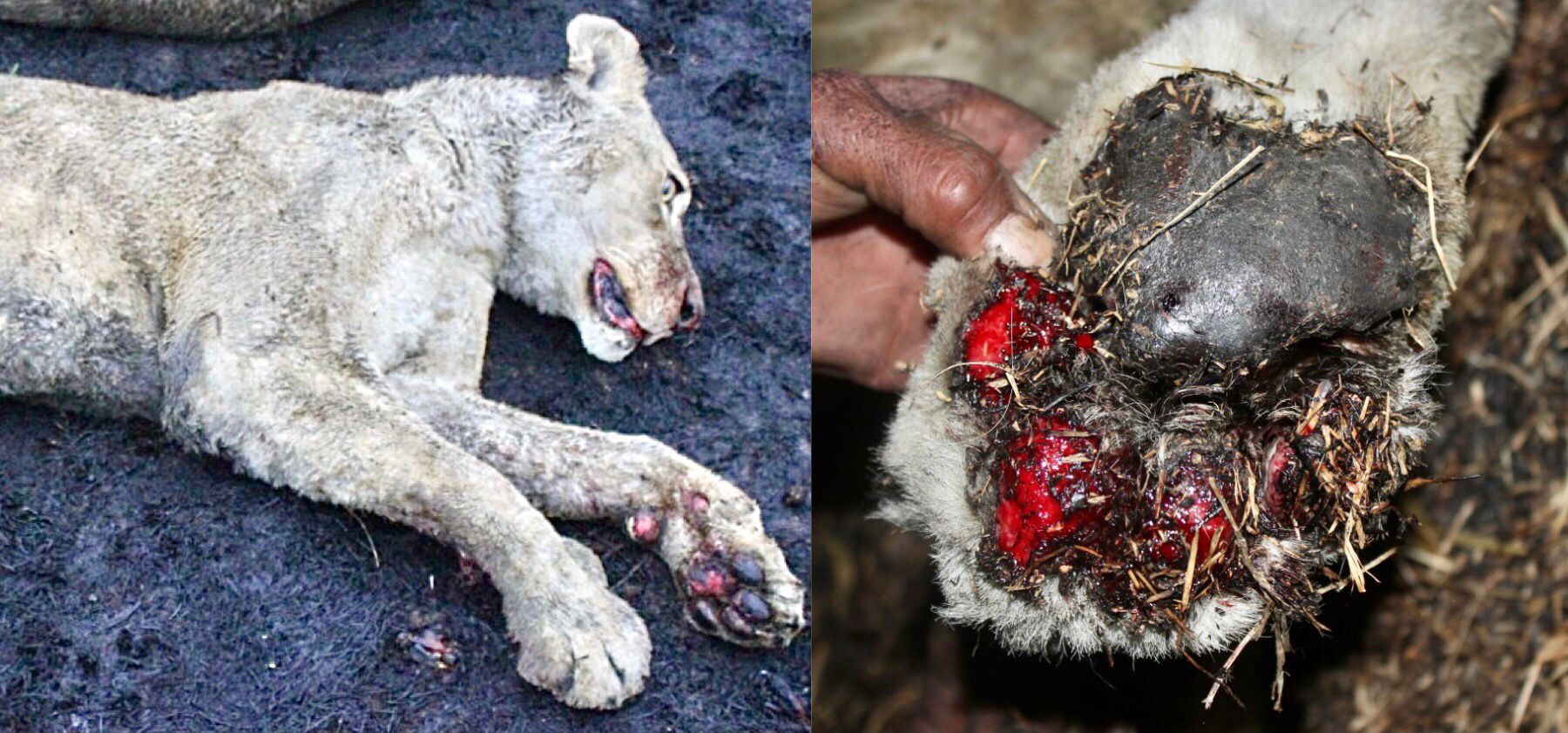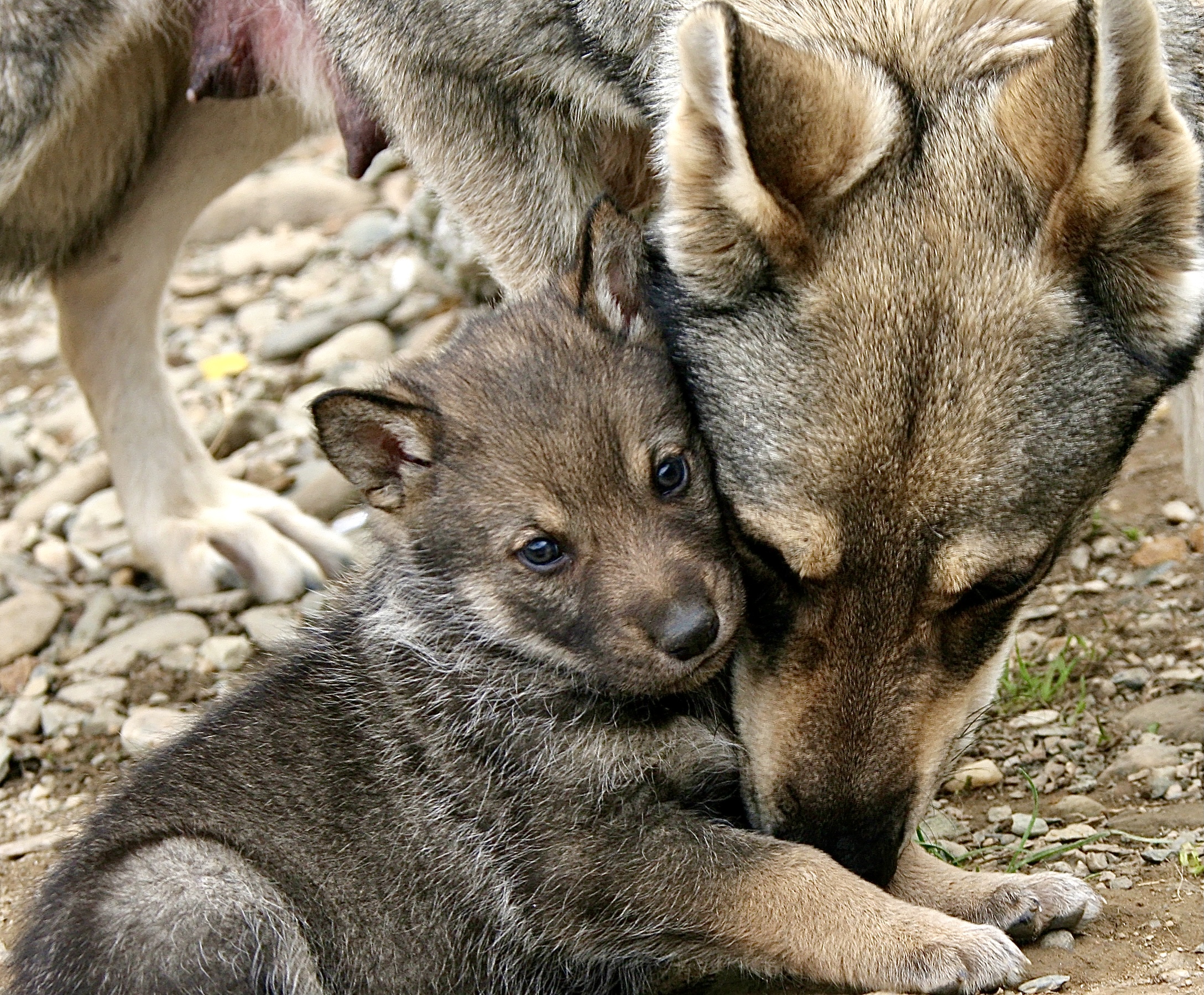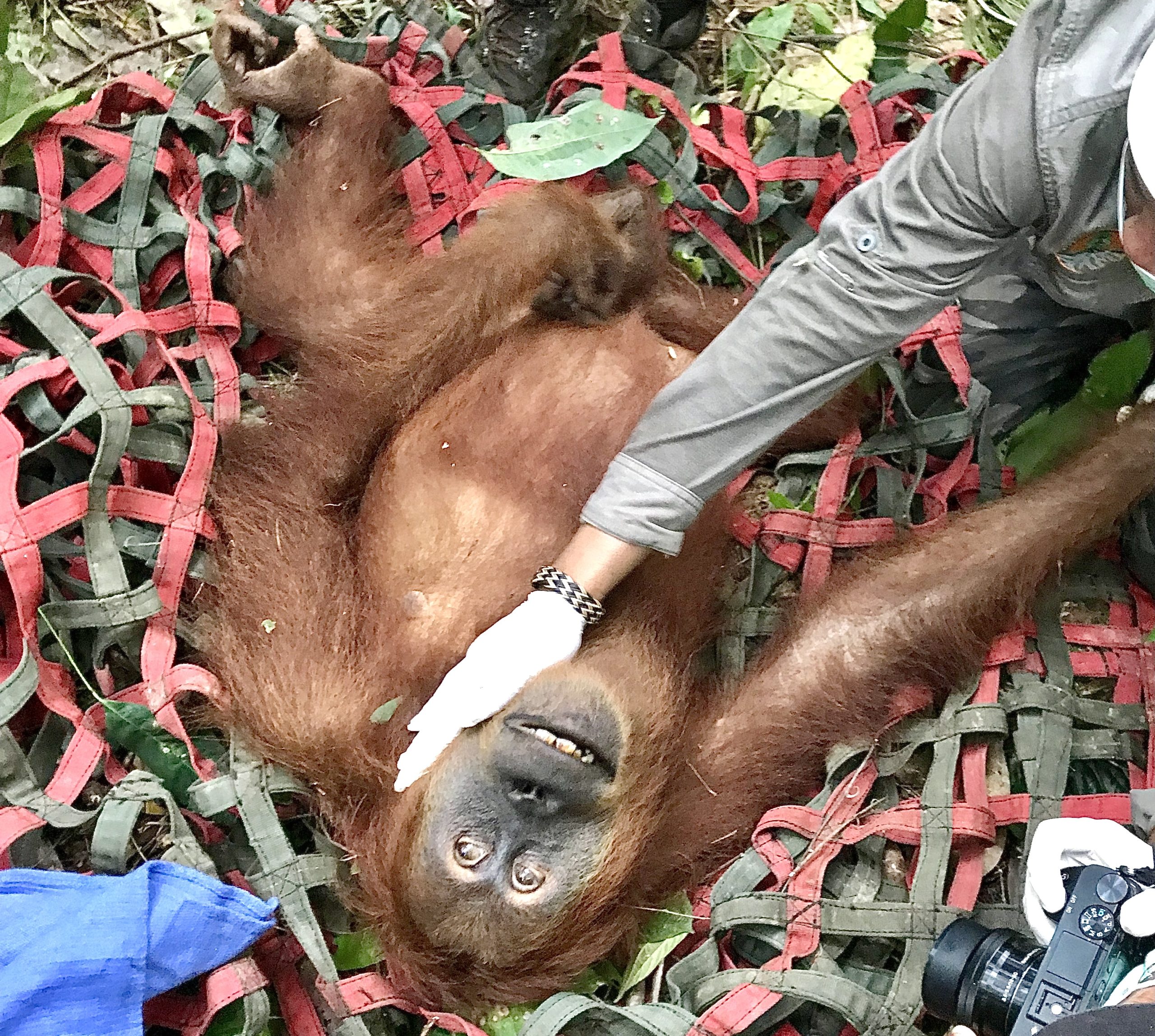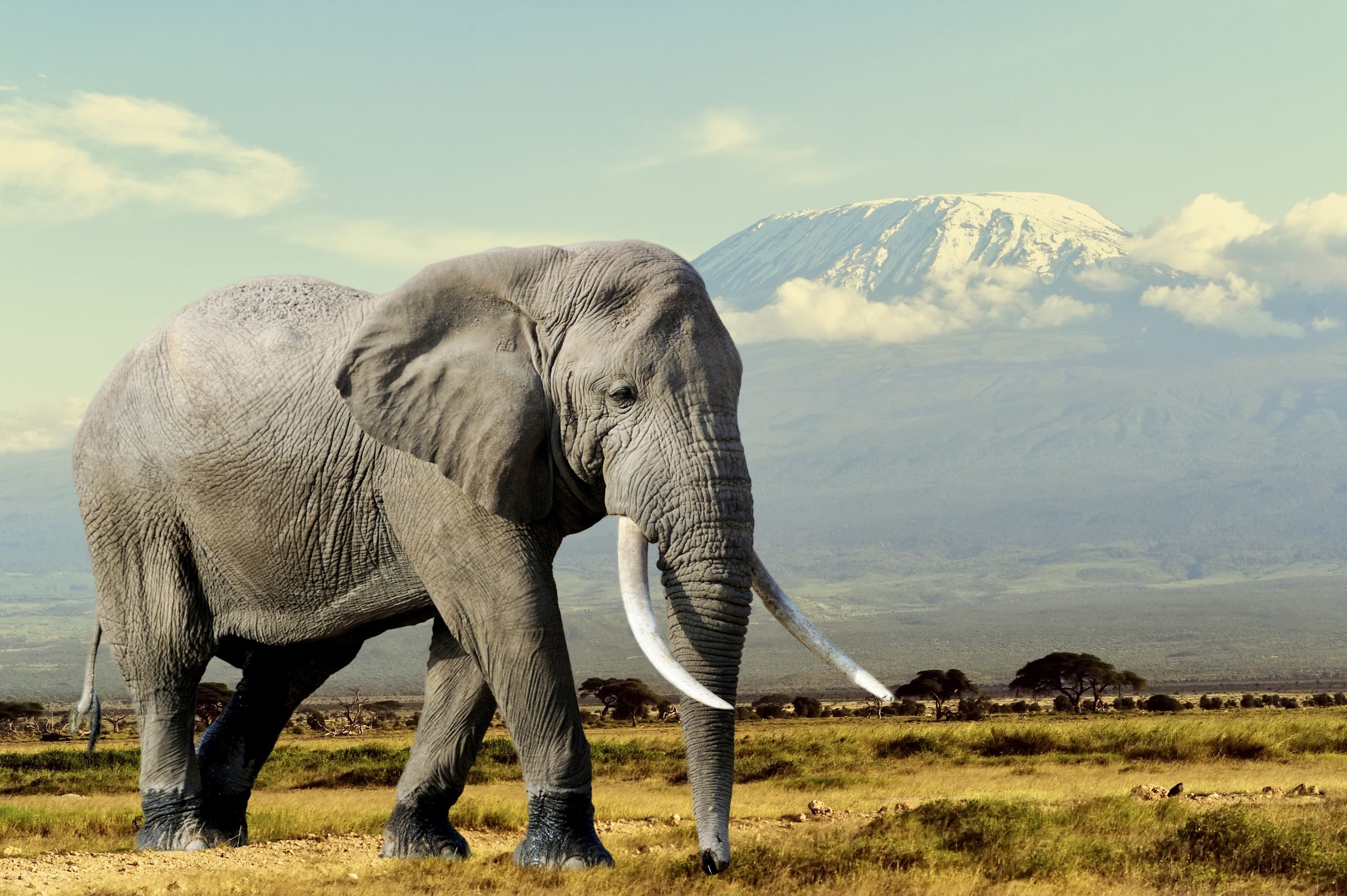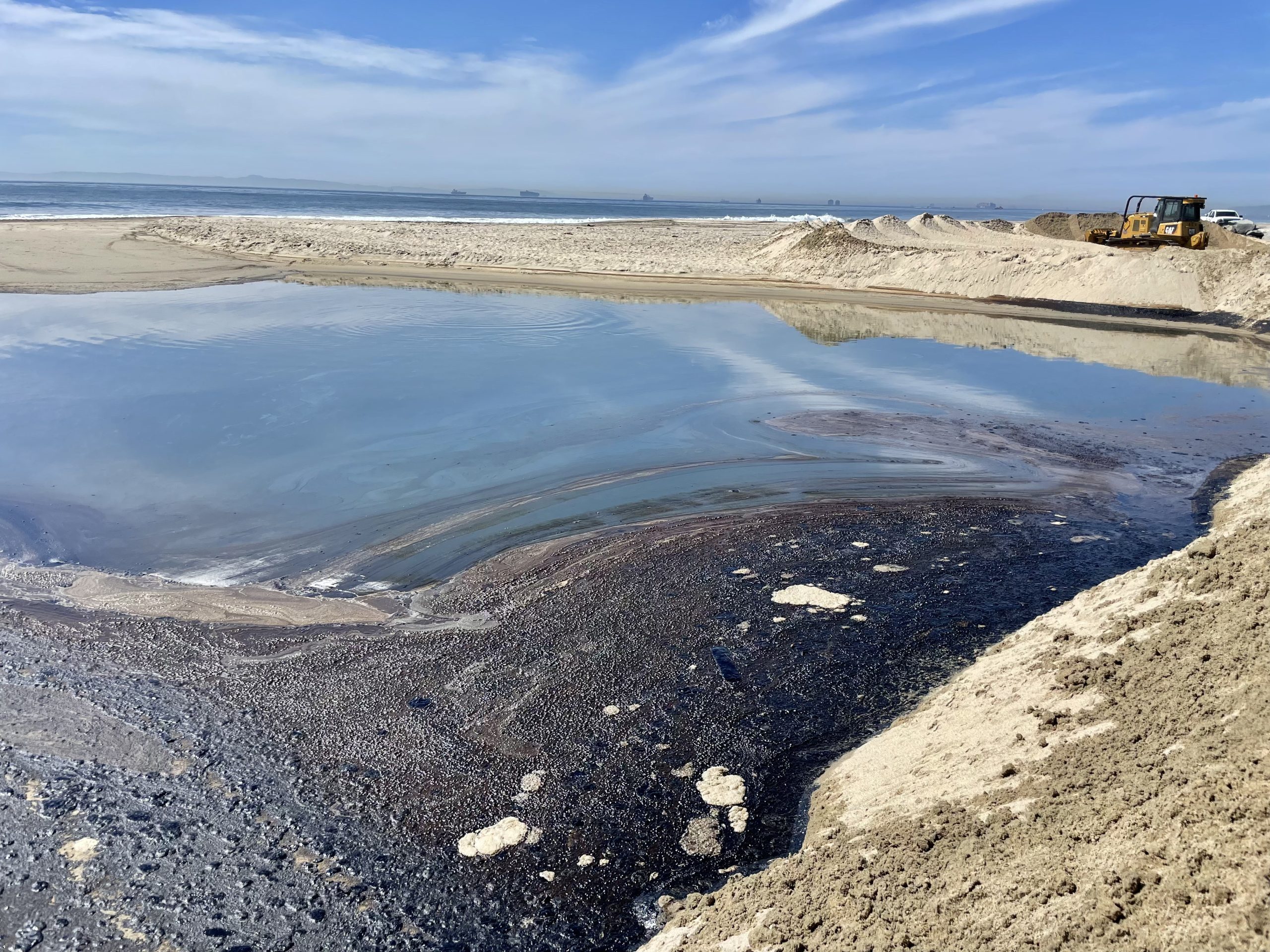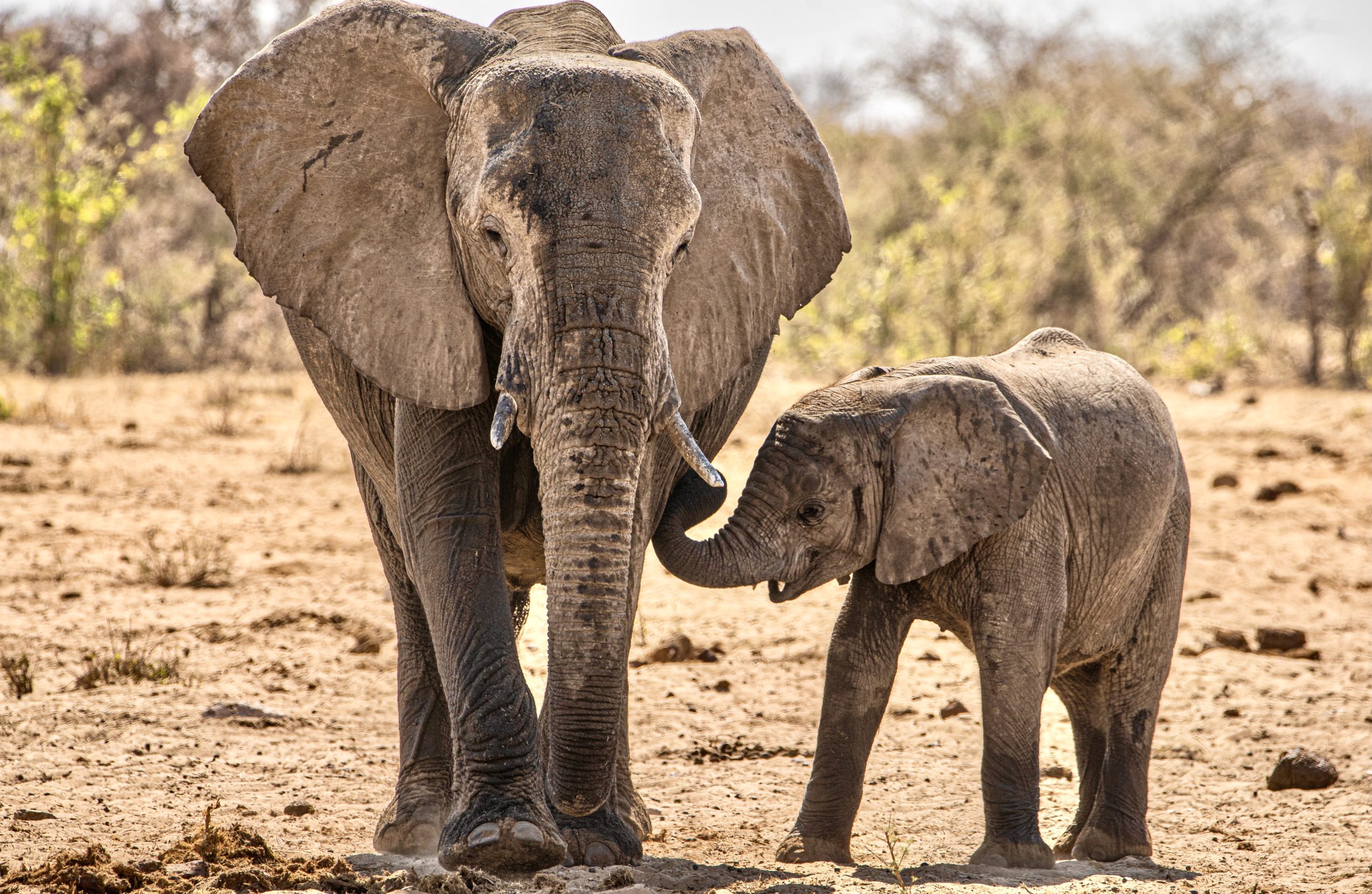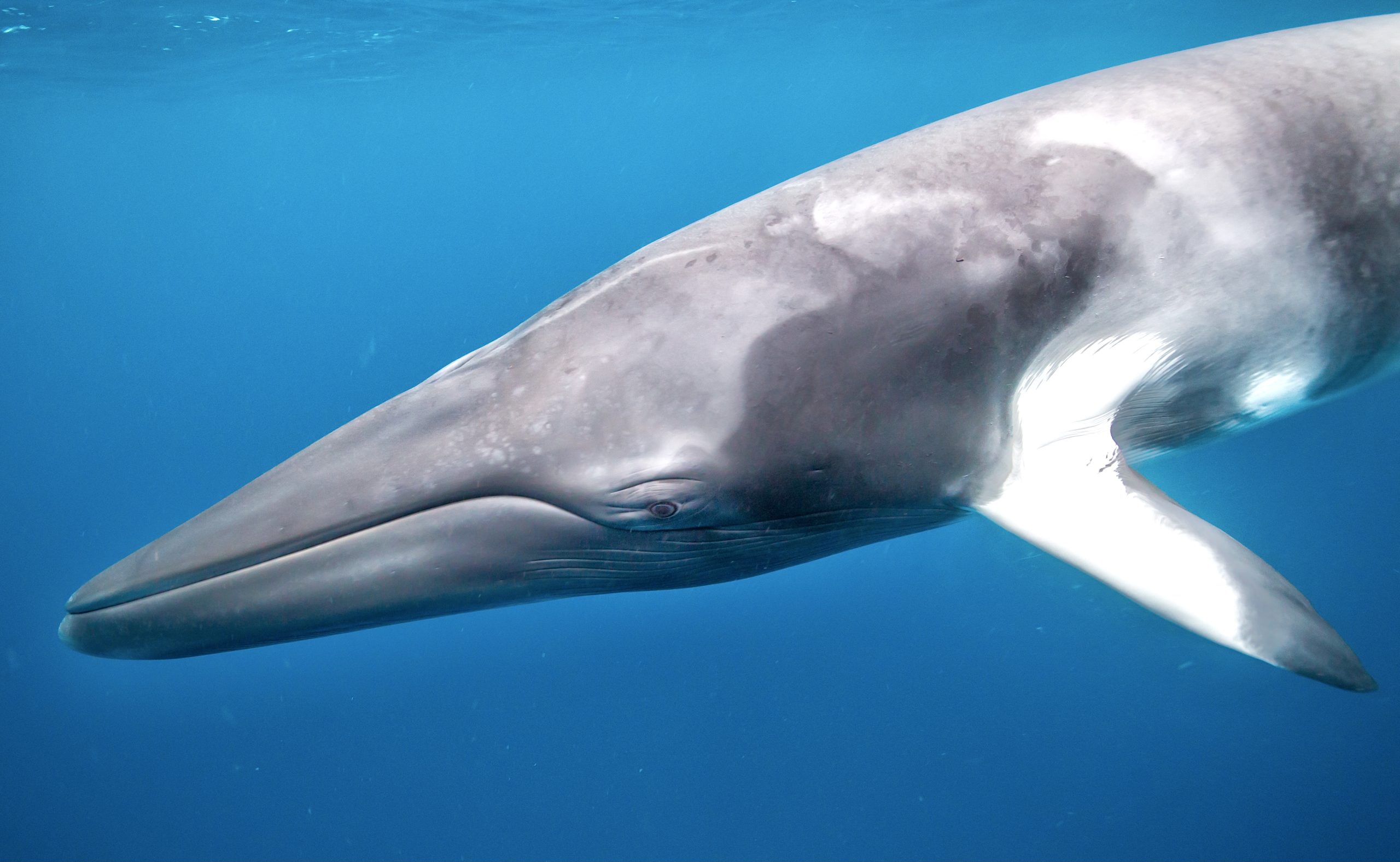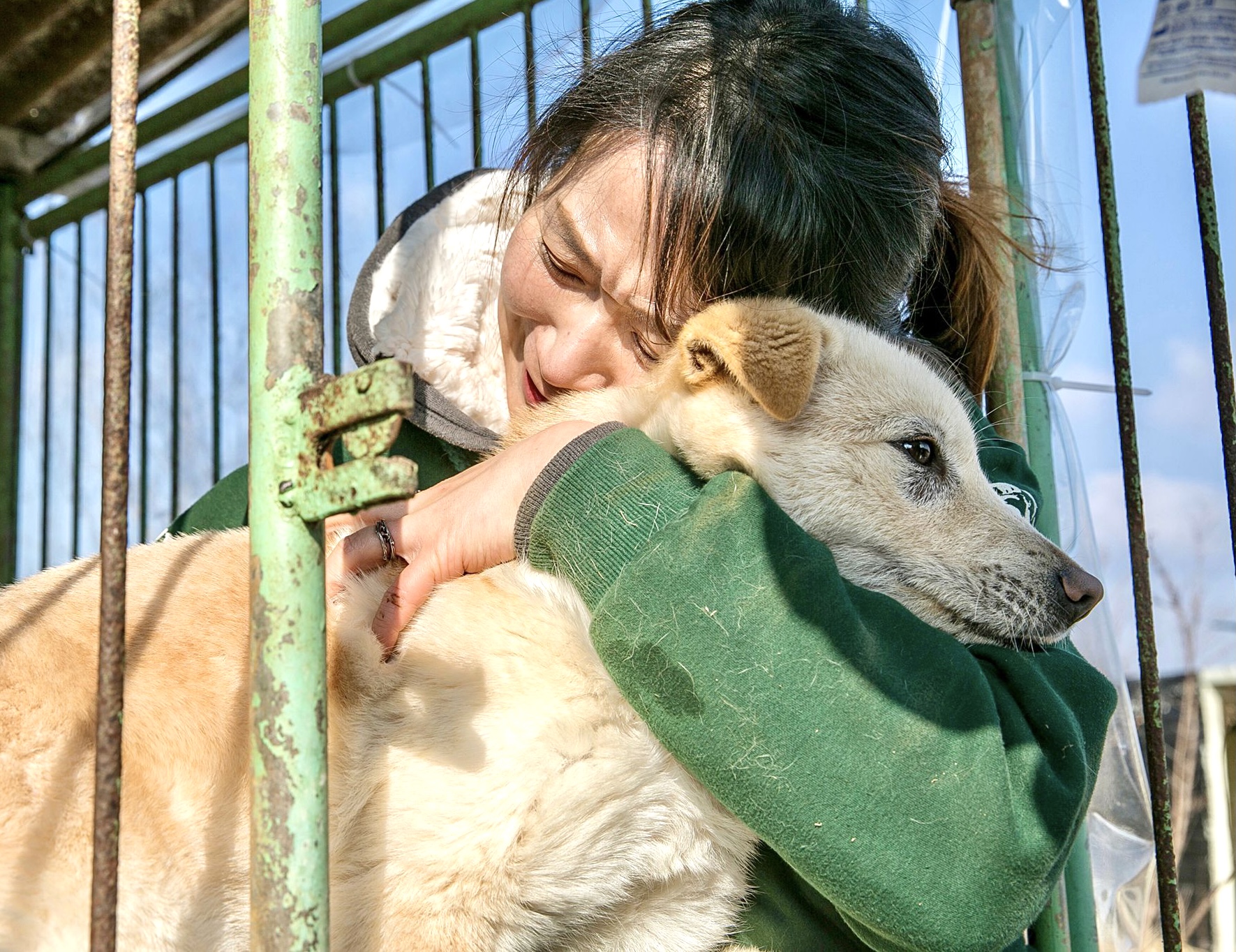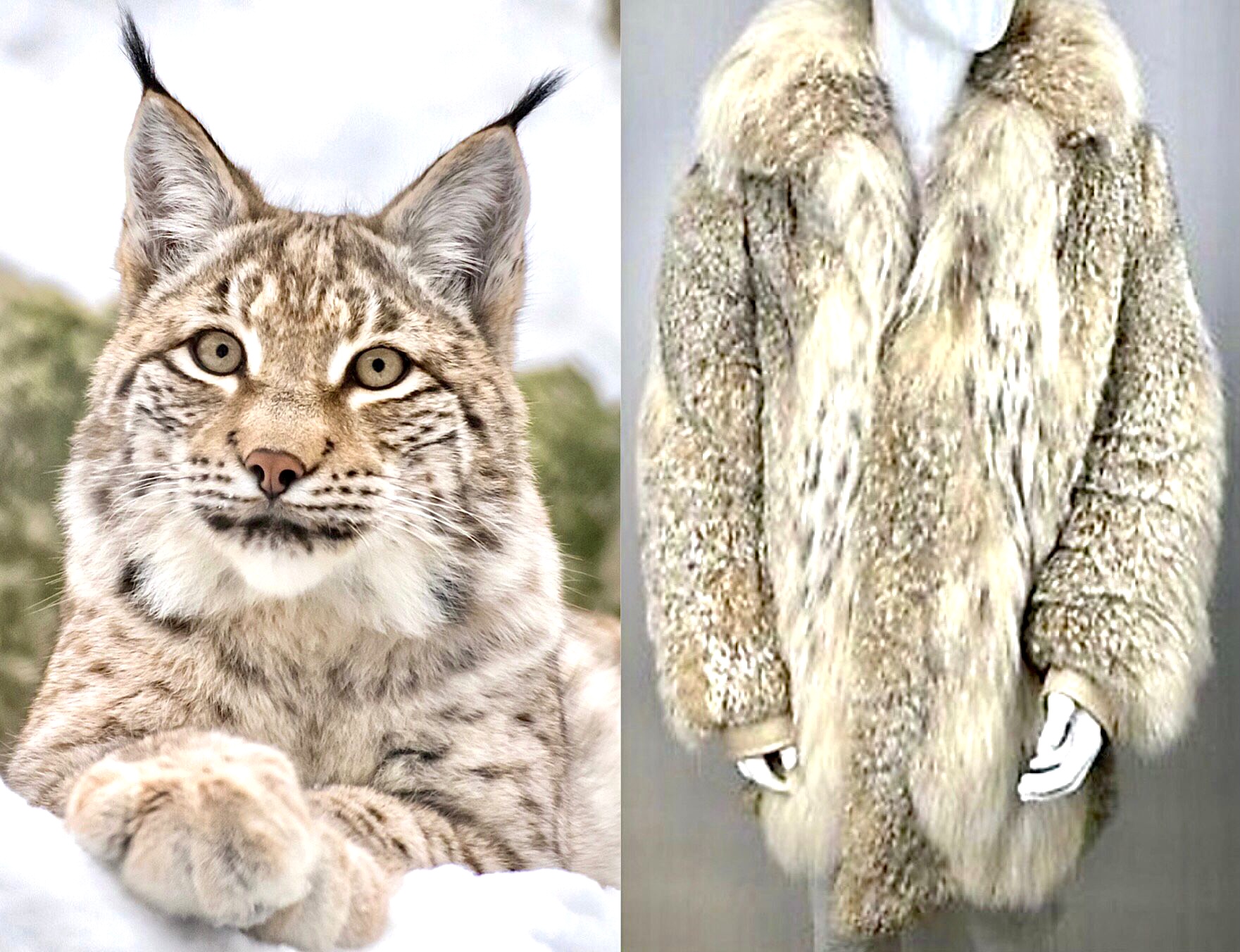The City of Huntington Beach confirmed the tragic news that 126,000 gallons of oil has spilled off the coast of Southern California on October 2nd.
You can help all animals and our planet by choosing compassion on your plate and in your glass. #GoVeg
RELATED ARTICLES
Pressure Mounts For Arizona To Ban Dog Pack Hunting Of Mountain Lions, Bears & Other Critical Species
Conservation groups have submitted a petition to the Arizona Game and Fish Commission urging a ban on the use of dog packs for hunting...
Help Save Millions Of Lives This Holiday By Choosing Compassion On Your Plate; Adopt A Turkey Today!
As Thanksgiving approaches, we hope you enjoy a warm and safe holiday. We encourage you to make a compassionate choice by leaving animals off...
Giraffes Are One Step Closer To Receiving Vital Endangered Species Act Protections
In response to a petition and subsequent lawsuit by conservation and animal protection organizations, the U.S. Fish and Wildlife Service (USFWS) has proposed listing...
Popular stories
News
Florida Manatees Move Toward Restored Endangered Species Act Protection After Dramatic Decline In Their Population
In response to a formal petition, the U.S. Fish and Wildlife Service announced this week that reclassifying the West Indian manatee from threatened to...
News
California Becomes The First U.S. State To Provide Public Funding For Plant-Based Meals In Schools From Grade K-12
Late last month, the California Legislature adopted a $300 billion dollar budget that includes historic investments in the state’s school meal program to expand...
Breaking News
$50,000 Reward Offered For Information On Three Endangered Wolves Found Dead In Oregon
The U.S. Fish and Wildlife Service (USFWS) is seeking information regarding the deaths of three endangered gray wolves east of Bly in southern Oregon....

